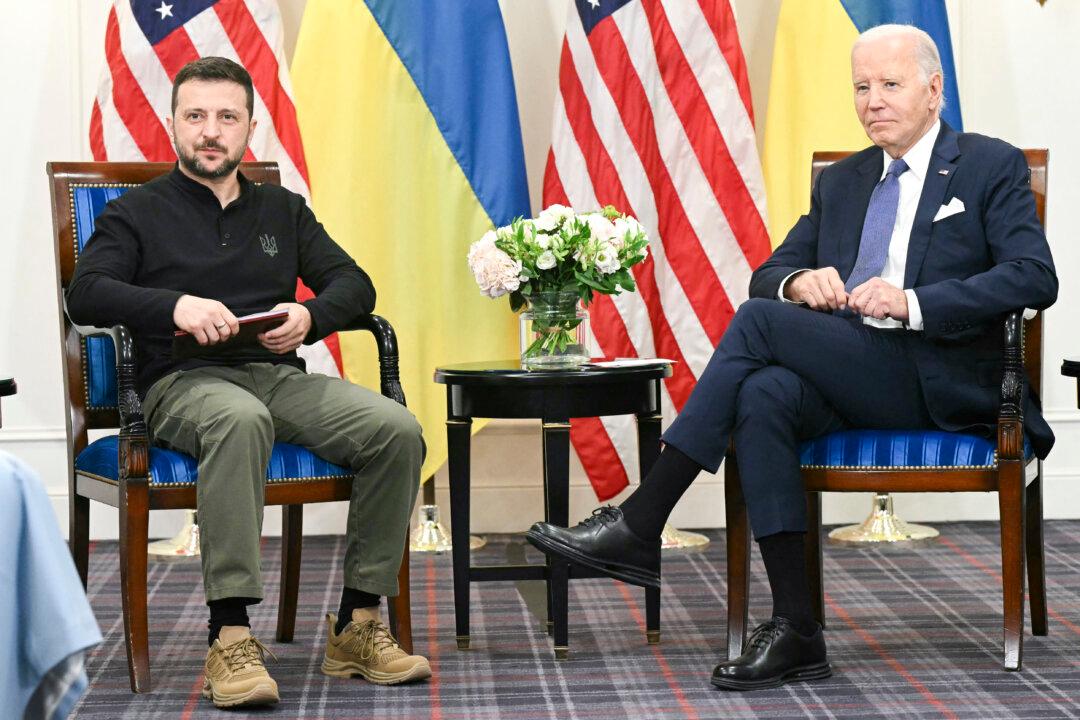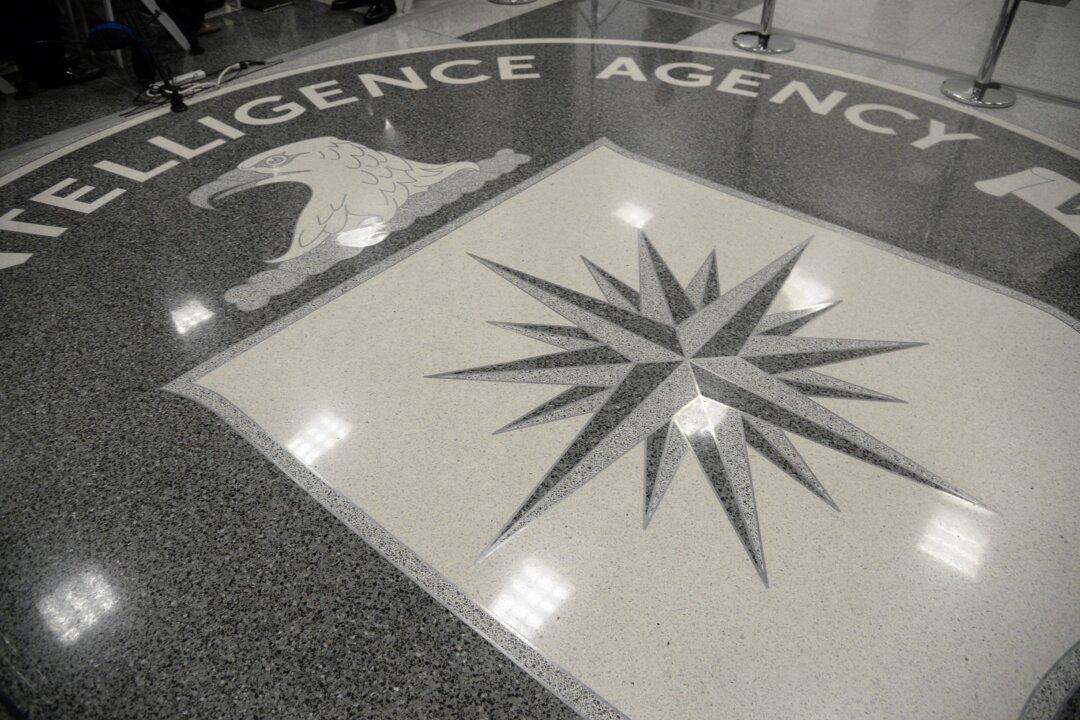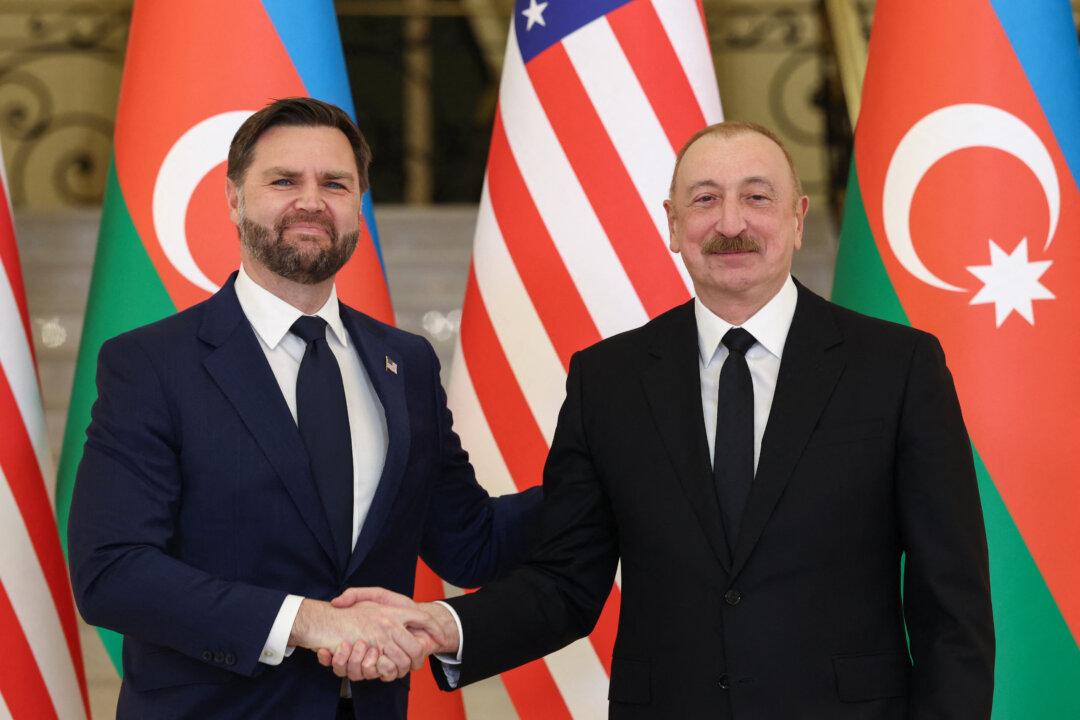President Joe Biden is set to sign a bilateral security agreement with his Ukrainian counterpart, Volodymyr Zelenskyy, on Thursday, signifying continuing U.S. support for Ukraine’s national security.
White House National Security Advisor Jake Sullivan announced the plans to finalize this bilateral agreement during a discussion with reporters aboard Air Force One on Wednesday.





